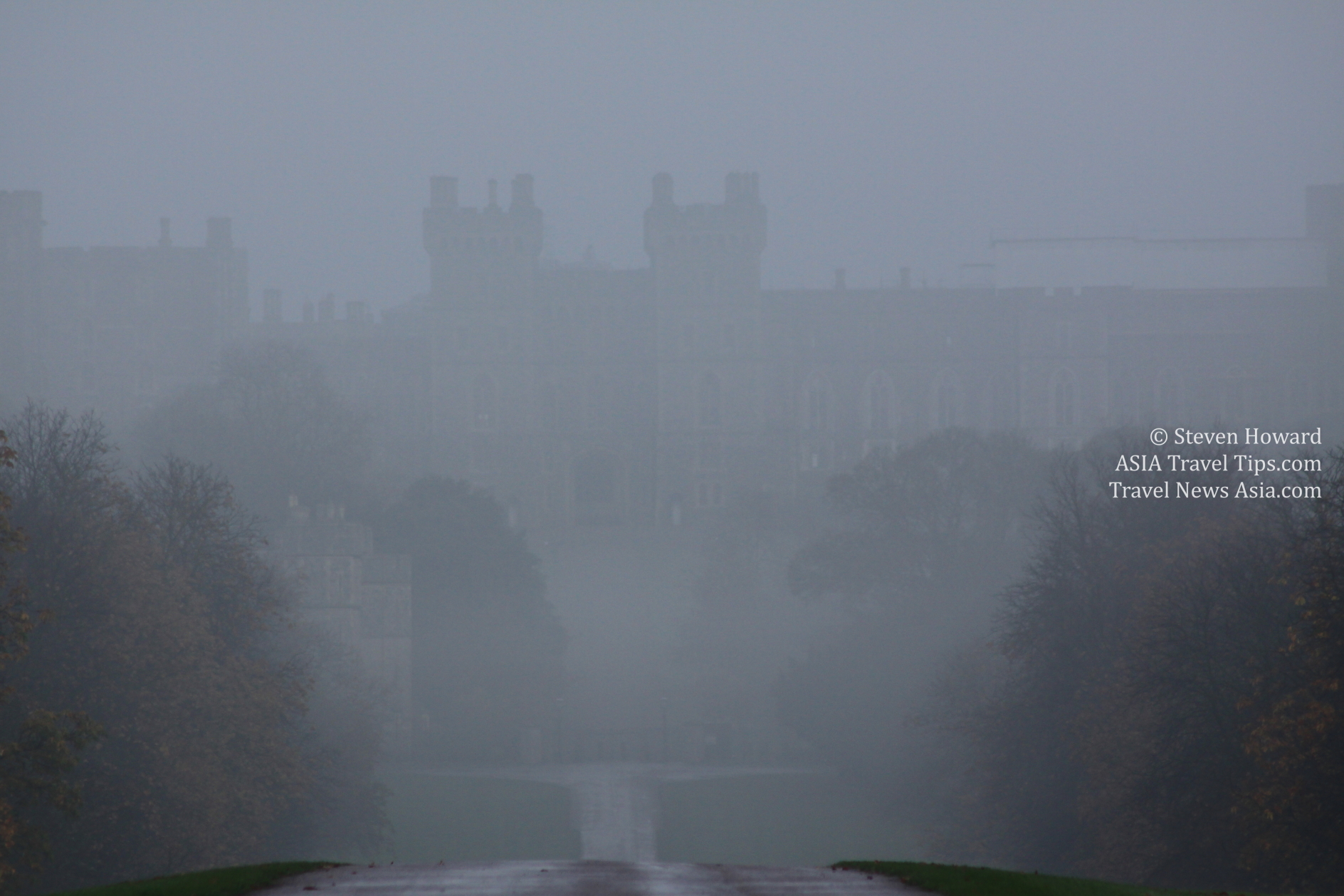|
The World Travel & Tourism Council (WTTC) has said
that introducing hotel quarantines in the UK would cause
irreparable damage to an industry which contributes nearly �200
billion to the UK economy.
The UK has been one of the worst affected
countries by the ongoing global COVID19 pandemic in the world. As of 06:22 GMT
on 26 January 2021, the
UK had reported 98,723 deaths and
3,680,101 cases. Only the U.S., Brazil, India, and Mexico have
reported more deaths than the UK, according to Johns Hopkins
University of Medicine.
The UK recently removed the travel corridors it
had created and is currently discussing whether to enforce
quarantine measures in an attempt to control the importation of new cases and
variants of the virus. Many countries around the world have been
able to control COVID19 numbers with greater success, due in
part to much stricter quarantine measures for arriving travellers.

Not everyone agrees with strict quarantine
measures. Gloria Guevara, WTTC President & CEO, said, �The
UK travel and tourism sector is in a fight for survival - it�s that
simple. With the sector in such a fragile state, the introduction
of hotel quarantines by the UK government could force the complete
collapse of travel and tourism. Travellers and holidaymakers would simply not
book business or leisure trips knowing they would have to pay to
isolate in a hotel, causing a drastic drop in revenues throughout
the sector.
�From airlines to travel agents, travel management
companies to holiday companies and beyond, the effect on UK travel
businesses would be devastating, further delaying the economic
recovery. Even the threat of such action is enough to cause
consternation and serious alarm. WTTC believes the measures introduced by the
government just last week - proof of a pre-departure COVID19
test, followed by short quarantine and another test if necessary,
could stop the virus in its tracks, and still allow the freedom to
travel safely.
�A number of countries, such as Iceland, have
successfully implemented a testing regime on arrival, which has
curbed the spread, whilst ensuring borders remain open. So, it's
crucial these measures are given some time to work. Despite the current gloom, we truly believe there
is room for optimism and a brighter future ahead. Business travel,
visiting families and holidays can return with a combination of an
internationally recognised testing regime, vaccines and mandatory
mask wearing. These simple but highly effective measures, if
implemented properly, could aid the revival of a sector which will
be essential to powering the UK and global economic recovery.�
Currently people arriving in the UK must provide
proof of a negative COVID19 test taken up to 72 hours prior to
departure. They also need to self-isolate for 10 days though this
can be reduced to just 5 if they agree to pay for and pass another
COVID19 test a few days after their arrival.
The UK Government is expected to make a decision
today or Wednesday on whether to force travellers to quarantine in
specific hotels, at their own cost, upon arrival in the UK.
Details of the quarantine, the number of nights, choice of hotels,
how it will work, costs involved, and whether this will be a
blanket rule for everyone, or if there'll be numerous exemptions
as the UK has done so often in the past, have yet to be confirmed.
Whilst a lot of countries have quarantines of 14
days, Hong Kong recently increased the quarantine from 14 to 21
days, and New Zealand recently reported the first community case
of COVID19 in two months after a woman who travelled from London
started showing mild symptoms 2 days after leaving 14-day
mandatory quarantine where she had tested negative twice.
Thailand learned early
on
that if you are going to implement quarantine for arrivals, it has
to be for everyone, regardless of country of origin, job or
VIP status. The virus does not discriminate.
See latest
Travel Industry News,
Video
Interviews,
Podcasts
and other
news regarding:
COVID19,
UK,
Quarantine,
Windsor,
Castle.
|
Headlines: |
|
|
